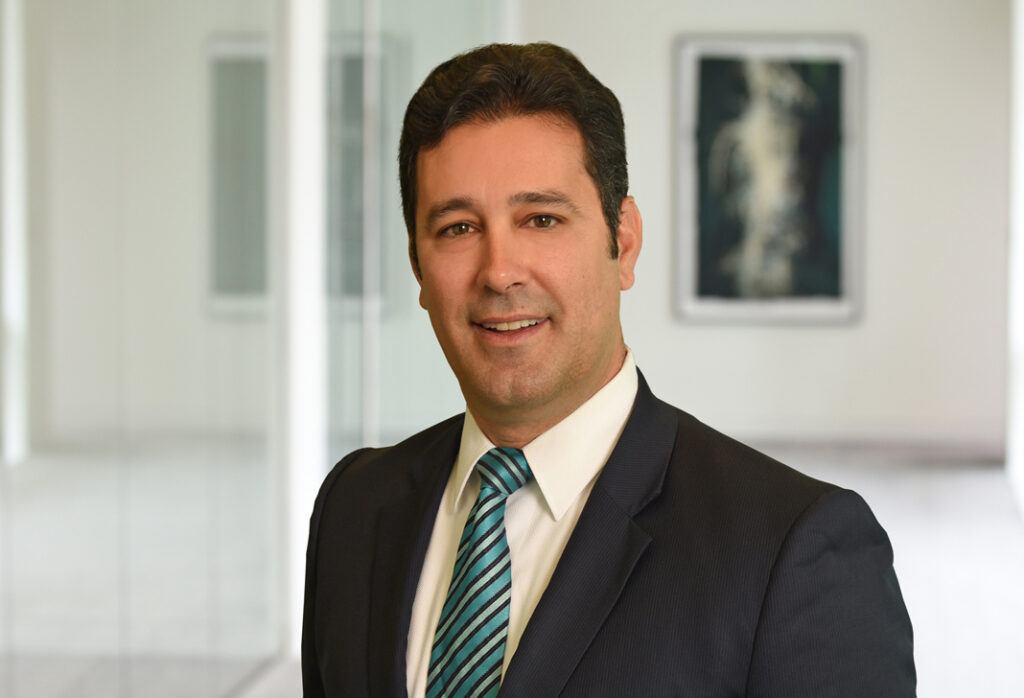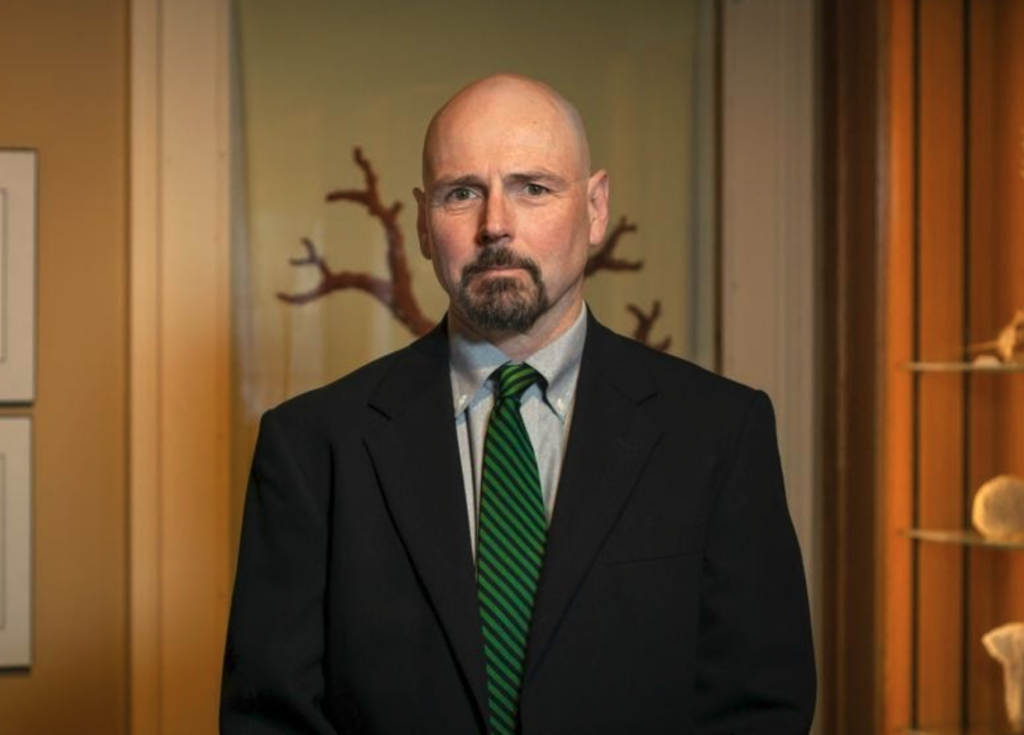By Dan B. Prieto and Mark G. Douglas (Jones Day)


A handful of recent high-profile court rulings have considered whether a chapter 11 debtor is obligated to pay postpetition, pre-effective date interest (“pendency interest”) to unsecured creditors to render their claims “unimpaired” under a chapter 11 plan in accordance with the pre-Bankruptcy Code common law “solvent-debtor” exception requiring a solvent debtor to pay pendency interest to unsecured creditors. The U.S. Court of Appeals for the Second Circuit weighed in on this question in In re LATAM Airlines Grp. S.A., 55 F.4th 377 (2d Cir. 2022), petition for certiorari filed, No. 22-908 (U.S. Mar. 17, 2023).
The Second Circuit ruled as a matter of first impression that a claim is “impaired” within the meaning of the Bankruptcy Code only when a chapter 11 plan, rather than the Bankruptcy Code, alters the creditor’s legal, equitable, or contractual rights. It also ruled as a matter of first impression that the solvent-debtor exception requiring a solvent debtor to pay pendency interest to unsecured creditors to render their claims unimpaired survived the enactment of the Bankruptcy Code.
The Second Circuit joined with the Third, Fifth, and Ninth Circuits in concluding that abridgement of a creditor’s legal, equitable, or contractual rights under the Bankruptcy Code (e.g., through disallowance of claims for unmatured interest under section 502(b)(2) in a chapter 11 case involving an insolvent debtor) does not constitute impairment within the meaning of section 1124(1).
The second key takeaway from LATAM is the Second Circuit’s determination that the solvent-debtor exception survived the enactment of the Bankruptcy Code and requires solvent chapter 11 debtors to pay pendency interest on unsecured claims to render them unimpaired under a plan. The Second Circuit was the third circuit court of appeals to reach this conclusion in 2022. Moreover, the issue is presently on appeal before the Third Circuit in the Hertz Corp. chapter 11 cases (with a decision expected later this year). Petitions are currently pending for review by the U.S. Supreme Court of the Second Circuit’s ruling in LATAM, the Ninth Circuit’s ruling in the PG&E chapter 11 cases and the Fifth Circuit’s decision in the Ultra Petroleum Corp. chapter 11 cases.
LATAM and other similar recent rulings at the circuit level are significant, especially for their impact on large chapter 11 cases where the potential obligation to pay millions of dollars in pendency interest on unsecured claims may significantly impact a debtor’s ability to confirm a plan.
The views and opinions set forth herein are the personal views or opinions of the authors. They do not necessarily reflect views or opinions of the law firm with which they are associated.
Click here to read the full article.
